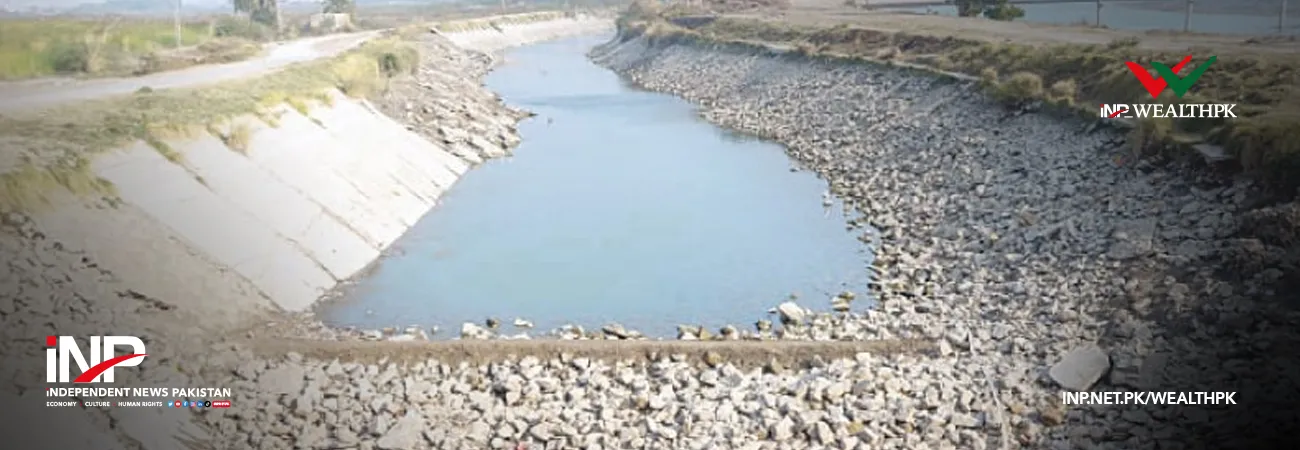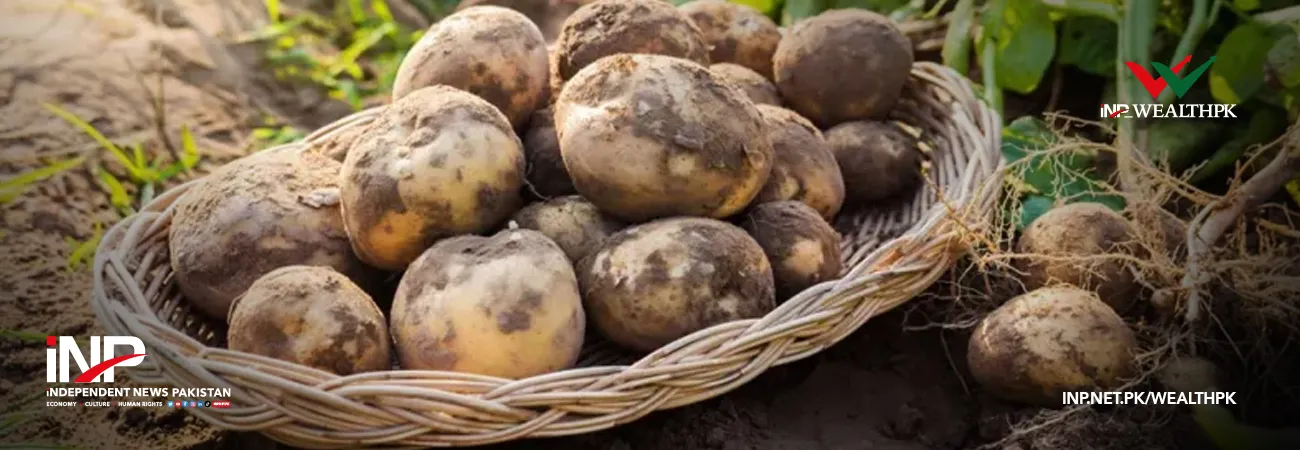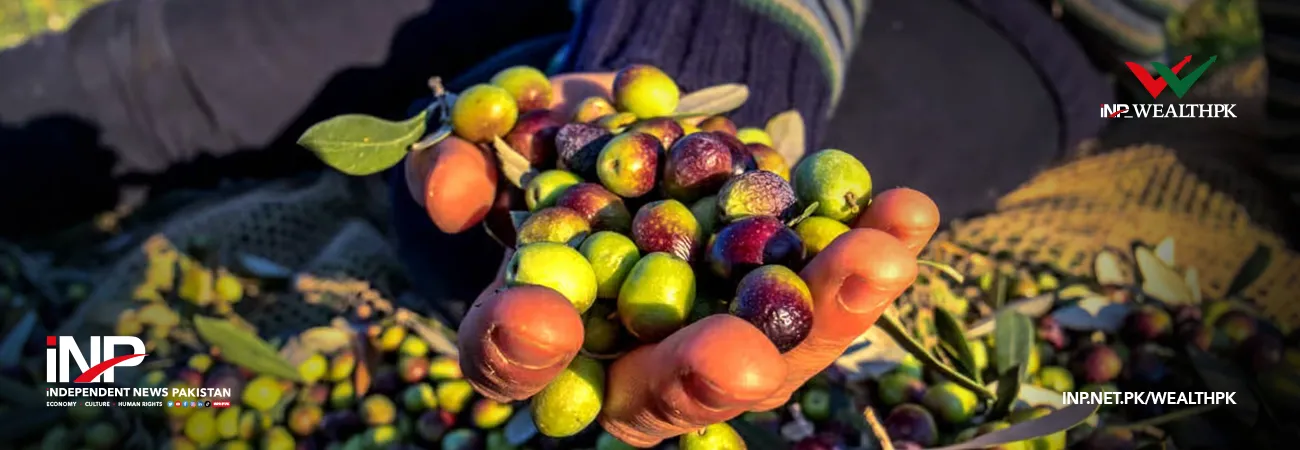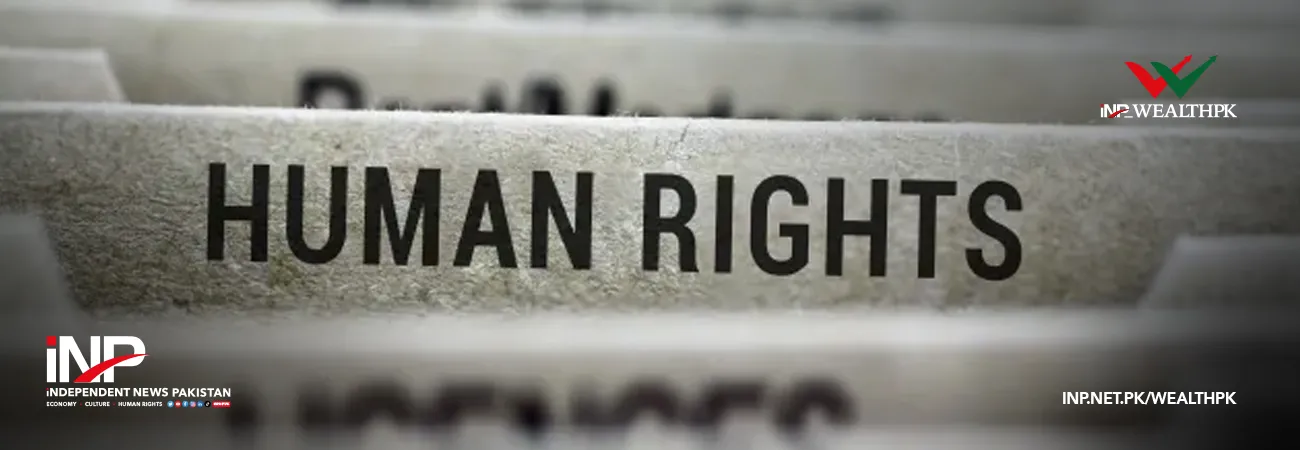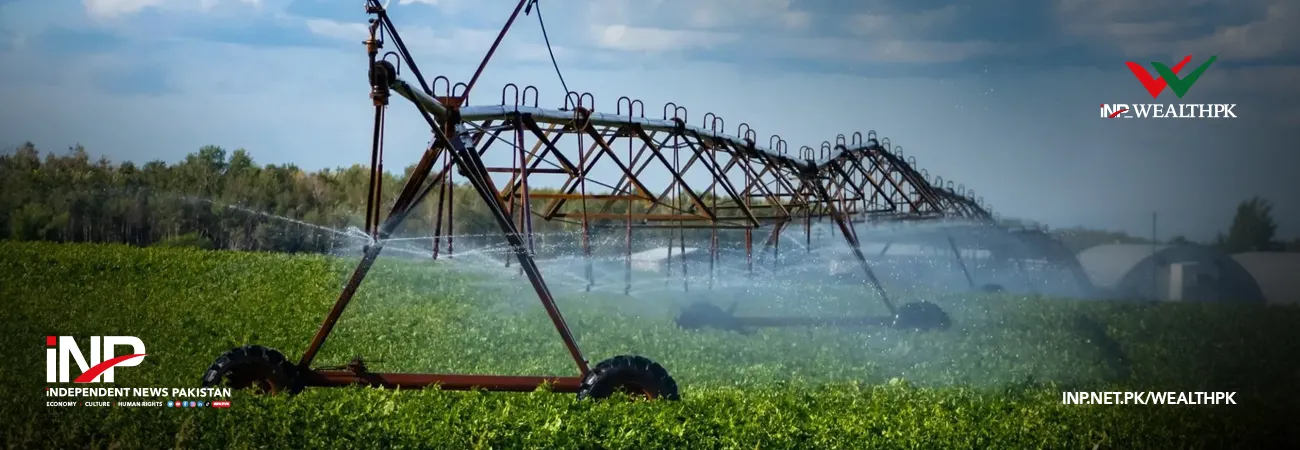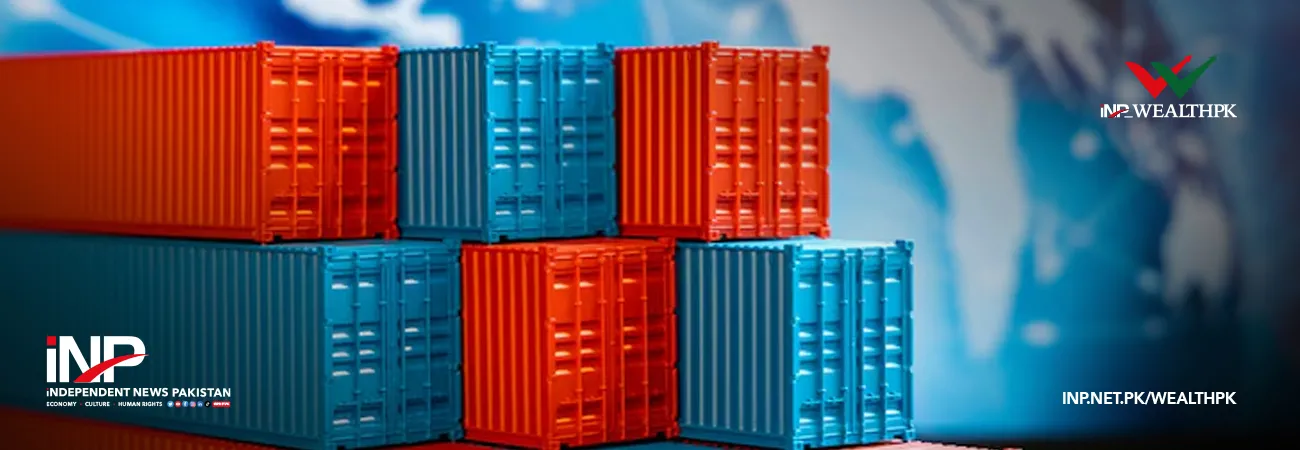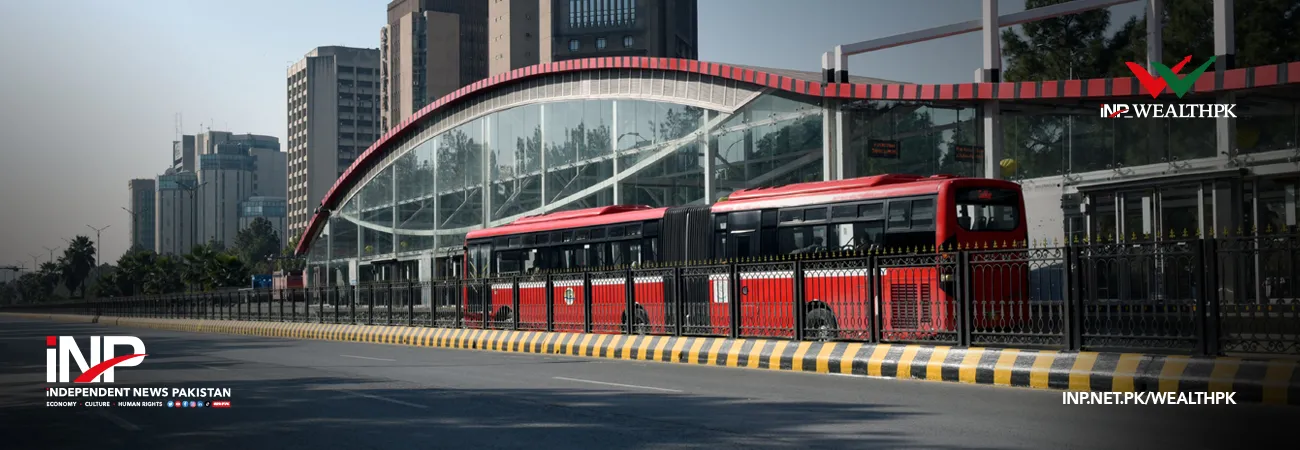INP-WealthPk
Moaaz Manzoor
Pakistan’s external debt repayments continue to outpace inflows, straining foreign reserves and highlighting the urgent need for structural economic reforms to ensure long-term financial stability, reports WealthPK.

Pakistan’s current account recorded a surplus of $691 million in the first eight months of FY25, a notable improvement from the $1.73 billion deficit in the same period last year. However, persistent loan repayments continue to weigh on the financial account, leading to a balance of payments deficit for the third consecutive month.
Economic experts have warned that the growing burden of external debt servicing is pushing the country into financial strain. Speaking to WealthPK, Dr Ikramul Haq, a tax policy expert and adjunct faculty member at Lahore University of Management Sciences (LUMS), highlighted that Pakistan’s external debt obligations have surged dramatically, with principal repayments exceeding $20 billion in 2023 and projections indicating further escalation in the coming years.
“The country’s annual external financing needs surpass $30 billion, creating immense repayment pressure,” he said, adding that a substantial portion of the revenue is consumed by debt servicing, leaving minimal fiscal space for essential public investments such as infrastructure and social protection programmes. Haq noted that the government’s debt management strategy has been largely reactive, depending on short-term measures such as bailouts, currency devaluations, and austerity cuts rather than implementing the necessary structural reforms.
Dr Zafar Mahmood, Principal and Dean of the School of Social Sciences and Humanities at the National University of Science and Technology, emphasised that Pakistan’s economic crisis is fundamentally rooted in longstanding structural deficiencies. He stressed that without addressing these foundational weaknesses, the country cannot break free from the debt cycle constraining socio-economic development. He pointed out that continuous reliance on external borrowing and limited industrial expansion has prevented sustainable economic growth.
“The lack of strategic reforms has deepened the financial strain, with rising debt obligations leaving little room for meaningful economic transformation.” While the government has attempted to navigate these fiscal challenges through import restrictions and revenue mobilisation measures, the situation remains precarious. The sharp rise in imports, particularly in machinery and raw materials, coupled with weak export growth, has widened the trade deficit.
The outlook for Pakistan’s financial stability remains uncertain. As loan repayments continue to outstrip inflows, the risk of further fiscal tightening looms large, restricting the government’s ability to invest in growth-oriented ventures. Without deep-rooted structural reforms, Pakistan will remain trapped in a recurring debt cycle, where each year brings mounting repayment challenges with little progress toward economic sustainability.
Credit: INP-WealthPk




